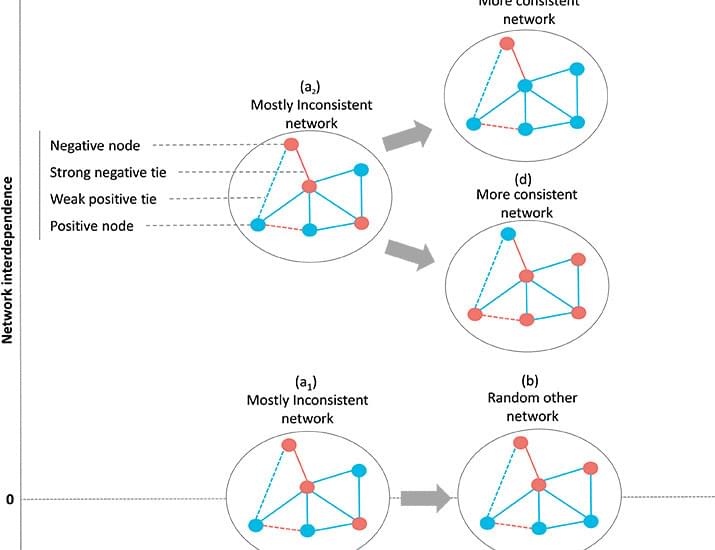This lecture was recorded on February 3, 2003 as part of the Distinguished Science Lecture Series hosted by Michael Shermer and presented by The Skeptics Society in California (1992–2015).
Can there be freedom and free will in a deterministic world? Renowned philosopher and public intellectual, Dr. Dennett, drawing on evolutionary biology, cognitive neuroscience, economics and philosophy, demonstrates that free will exists in a deterministic world for humans only, and that this gives us morality, meaning, and moral culpability. Weaving a richly detailed narrative, Dennett explains in a series of strikingly original arguments that far from being an enemy of traditional explorations of freedom, morality, and meaning, the evolutionary perspective can be an indispensable ally. In Freedom Evolves, Dennett seeks to place ethics on the foundation it deserves: a realistic, naturalistic, potentially unified vision of our place in nature.
Dr. Daniel Dennett — Freedom Evolves: Free Will, Determinism, and Evolution
Watch some of the past lectures for free online.
https://www.skeptic.com/lectures/
SUPPORT THE SOCIETY
You play a vital part in our commitment to promote science and reason. If you enjoy watching the Distinguished Science Lecture Series, please show your support by making a donation, or by becoming a patron. Your ongoing patronage will help ensure that sound scientific viewpoints are heard around the world.




